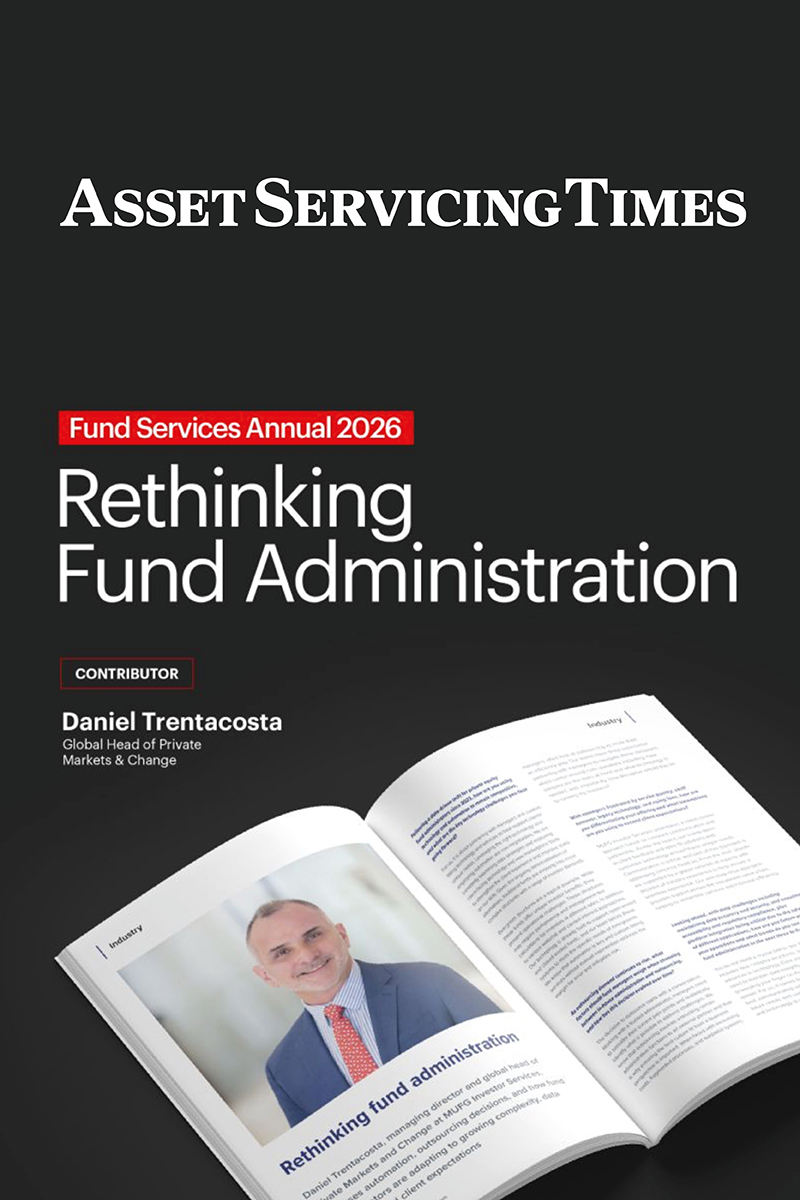European dealmakers predict ESG regulation will become more stringent over coming year
07 September 2022 Europe
 Image: BillionPhotos.com
Image: BillionPhotos.com
96 per cent of 150 European dealmakers have predicted that ESG regulation will become more stringent over the coming year, according to a recent report from SS&C Intralinks.
The report, entitled Temperature’s Rising, explores the impact of ESG’s increased importance on European companies, focusing on the effect this has had on M&A.
ESG concerns have become increasingly prominent in recent years, becoming an essential part of business operations. This is particularly apparent in Europe, where the European Commission (EC) aims to become climate neutral by 2050.
The report finds that 76 per cent of those polled believe that ESG has become more important within their organisation, while 73 per cent expect this upward trajectory to continue over the next 12 months.
These figures vary drastically across Europe, however. 75 per cent of German respondents state that their most recent acquisition was influenced by ESG concerns, while only four per cent of Spanish and Portuguese respondents affirm this. In addition, 12 per cent of Spanish and Portuguese respondents state that their last M&A transaction was actively unconcerned about ESG.
Additionally, 59 per cent of those surveyed across Europe indicate that they have never turned down an M&A deal as a result of ESG concerns. In Germany and the UK, this figure drops to 40 per cent.
Tanja Gihr, managing director and head of ESG advisory (EMEA) and sustainable and impact banking at Barclay‘s Investment Bank, believes that companies still have a long way to go: “ESG is so fast-moving that if you stand still, you get left behind. You might have been the best performer last year, but that may not be the case next year.”
She adds: “If you want to be an ESG leader, you really have to be on the front foot.”
In regard to due diligence, only 46 per cent of those polled have undertaken due diligence on a target’s supply chain. This figure is far higher amongst other financial sponsors, with 65 per cent of private equity firms conducting due diligence as opposed to a mere 27 per cent of corporates.
The availability and quality of due diligence data itself is also insufficient, the report finds. 19 per cent of respondents stated that the data available was ‘poor’ or ‘very poor’, and only 16 per cent rated it as ‘very good’. With the EC potentially making supply chain due diligence a requirement, this could prove to be an administrative burden, highlight SS&C Intralinks.
Commenting on ESG investment challenges within private equity, Katie Cotterell, ESG manager at Bridgepoint Credit, says: “Data is the biggest challenge — understanding how to use that in decision-making throughout the investment cycle. It is all about keeping the focus on actionable data, and not being afraid to use proxies and data that is not yet perfect”
The report concludes that genuine change is required. While ESG has a significant impact on a company’s reputation, “firms must be careful not to virtue signal and posture, but to live and breathe these values,” SS&C states.
SS&C Intralinks’ survey was conducted with assistance from Mergermarket, an Acuris company.
The report, entitled Temperature’s Rising, explores the impact of ESG’s increased importance on European companies, focusing on the effect this has had on M&A.
ESG concerns have become increasingly prominent in recent years, becoming an essential part of business operations. This is particularly apparent in Europe, where the European Commission (EC) aims to become climate neutral by 2050.
The report finds that 76 per cent of those polled believe that ESG has become more important within their organisation, while 73 per cent expect this upward trajectory to continue over the next 12 months.
These figures vary drastically across Europe, however. 75 per cent of German respondents state that their most recent acquisition was influenced by ESG concerns, while only four per cent of Spanish and Portuguese respondents affirm this. In addition, 12 per cent of Spanish and Portuguese respondents state that their last M&A transaction was actively unconcerned about ESG.
Additionally, 59 per cent of those surveyed across Europe indicate that they have never turned down an M&A deal as a result of ESG concerns. In Germany and the UK, this figure drops to 40 per cent.
Tanja Gihr, managing director and head of ESG advisory (EMEA) and sustainable and impact banking at Barclay‘s Investment Bank, believes that companies still have a long way to go: “ESG is so fast-moving that if you stand still, you get left behind. You might have been the best performer last year, but that may not be the case next year.”
She adds: “If you want to be an ESG leader, you really have to be on the front foot.”
In regard to due diligence, only 46 per cent of those polled have undertaken due diligence on a target’s supply chain. This figure is far higher amongst other financial sponsors, with 65 per cent of private equity firms conducting due diligence as opposed to a mere 27 per cent of corporates.
The availability and quality of due diligence data itself is also insufficient, the report finds. 19 per cent of respondents stated that the data available was ‘poor’ or ‘very poor’, and only 16 per cent rated it as ‘very good’. With the EC potentially making supply chain due diligence a requirement, this could prove to be an administrative burden, highlight SS&C Intralinks.
Commenting on ESG investment challenges within private equity, Katie Cotterell, ESG manager at Bridgepoint Credit, says: “Data is the biggest challenge — understanding how to use that in decision-making throughout the investment cycle. It is all about keeping the focus on actionable data, and not being afraid to use proxies and data that is not yet perfect”
The report concludes that genuine change is required. While ESG has a significant impact on a company’s reputation, “firms must be careful not to virtue signal and posture, but to live and breathe these values,” SS&C states.
SS&C Intralinks’ survey was conducted with assistance from Mergermarket, an Acuris company.
← Previous industry article
Capco and AccessFintech partner for lifecycle management and benchmarking insights
Capco and AccessFintech partner for lifecycle management and benchmarking insights
NO FEE, NO RISK
100% ON RETURNS If you invest in only one asset servicing news source this year, make sure it is your free subscription to Asset Servicing Times
100% ON RETURNS If you invest in only one asset servicing news source this year, make sure it is your free subscription to Asset Servicing Times



